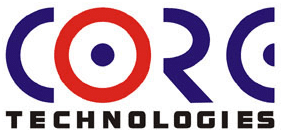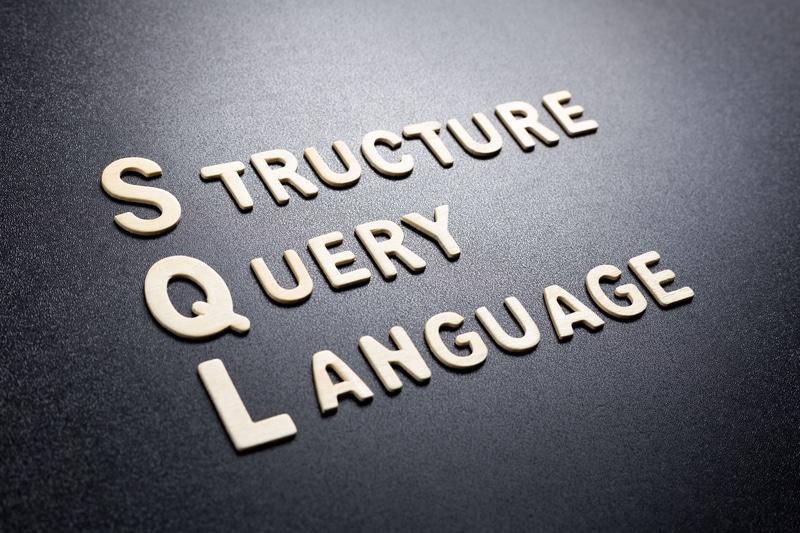Wondering what is SQL and whether or not you should bother to learn it? In a nutshell, SQL is the primary language used to interact with modern databases. First developed by IBM in the early ‘70s, SQL—which stands for Structured Query Language—has since been adopted as the standard by which information within databases is retrieved and manipulated.
What Are the Benefits of Learning SQL?
In a digitally-driven business, there’s an infinite number of applications to being able to store, manipulate, and retrieve information within a database. Think of all the questions you may ask yourself about your data regularly. With an understanding of SQL, any question you have of your data is yours to answer, and with that ability comes possibility.
No Longer Rely on Others for Critical Information
With most data stored in databases, and SQL holding the key to that information, access to data typically requires a man-in-the-middle. It’s possible to learn SQL yourself through online training; and once you know SQL, you’ll no longer have to seek out your company’s IT department or data scientists or make use of cumbersome third-party tools for access to the information you want to see.
Ask More Robust Questions About Your Data
Third-party tools tend to be limiting and simplified. With the advantages of SQL on your side, the scope of questions that you can generate is only limited by your own analytical creativity. With SQL, you’re able to view exactly the data that you need in the manner that you need it.
Reuse Queries for Faster Auditing
SQL queries are easily saved for reuse. Write your report code once, save it, and rerun it if you ever need to produce the same report more than once. This allows you to spend more time analyzing your data instead of being stuck in an arduous, multistep process like you will encounter in a spreadsheet application or third-party reporting tool.
Work With Datasets of Any Size
Traditional spreadsheets are a great tool for managing small sets of data, but as datasets grow, spreadsheets become increasingly difficult to work with. Relational databases are designed to handle extremely large amounts of records, and SQL is what allows you to utilize that data.
So, Who Is SQL For? The Bottom Line
If you’re in business, then SQL is for you. Historically, analyzing and manipulating data has been siloed to a specific role or department within an organization. While those functions still exist, the massive volumes of digital data produced and consumed continue to expand and engulf every role. Basically, if you have a job that ever touches data, being able to query and analyze that data she be considered an essential skill.

